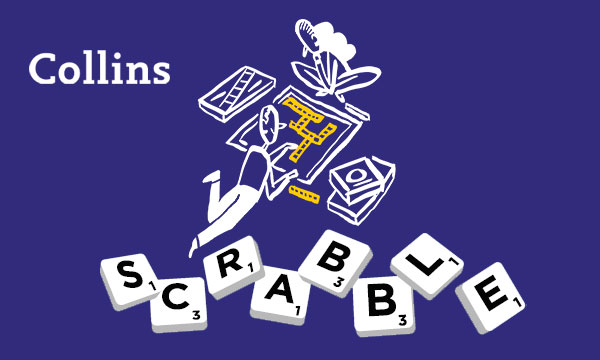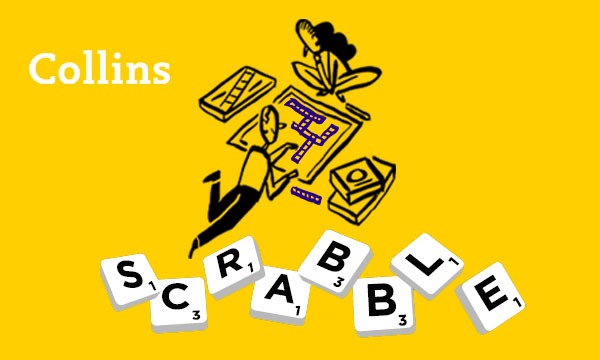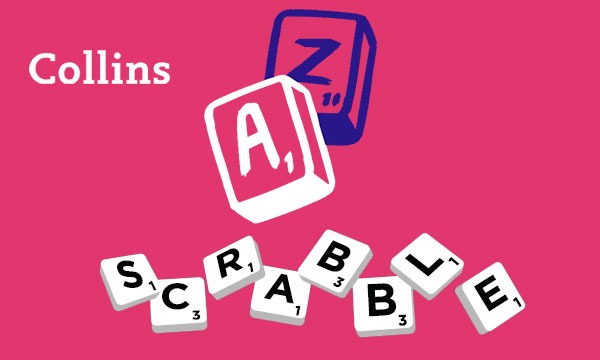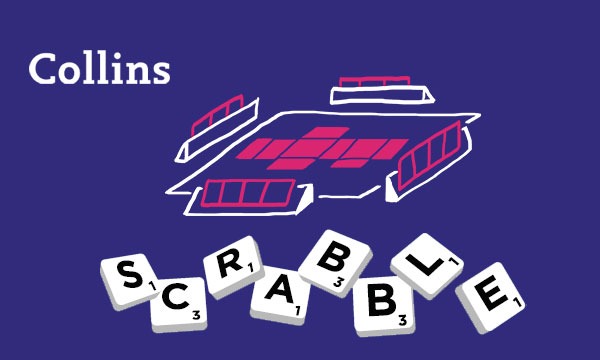Scrabble is the only time in life when drawing a blank is good news. Ideally, use it to play all seven tiles for a bonus fifty points.
Let’s say it is the opening move of the game. Your rack is EIKLTW and a blank. You might think:
“Well, the K and the W on the double-word square should add up to a fair bit. I could play WICK or WINK. Or WEAK. Or maybe even KIWI using the blank as an I.”
So you play KIWI because it’s quite an unusual word, scoring twenty.
YOU HAVE WASTED A GOLDEN OPPORTUNITY!
Whenever you get a blank, your first thought should be whether you can get a bonus. Check whether you have any useful prefixes or suffixes that might lead you to a seven-letter word. In this example, you have the suffix -LIKE, but no sevens suggest themselves using that. Next, try making the blank an A, then a B, a C, and so on. When you get to N, with a bit of luck, you see the seven-letter word.
Even if you don’t, don’t waste the blank. Better to play WILT or KILT for only four or six points fewer than KIWI, and keep your blank for next time. It shouldn’t be long before you TWINKLE your way to that opponent-beating fifty-point bonus.
By Barry Grossman
Barry is a leading UK Scrabble player and winner of several tournaments. He is the author of Scrabble for Beginners (Chambers), Need to Know Scrabble, Scrabble – Play to Win and The Little Book of Scrabble Trickster. He has also contributed to numerous other books on the subject of words and word-games, has been a series champion of Channel 4’s Countdown, and has written four comedy series for BBC Radio 4. He lives in Hertford.
All opinions expressed on this blog are those of the individual writers, and do not necessarily reflect the opinions or policies of Collins, or its parent company, HarperCollins.



